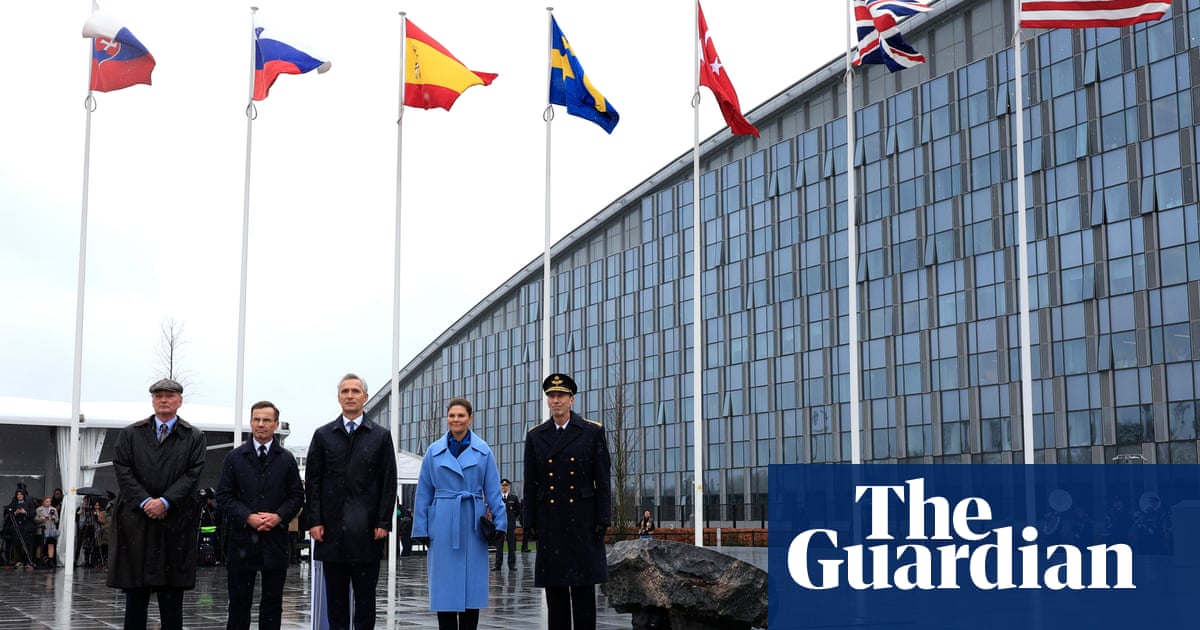Sweden Warns Of Heightened Risk Of Russian Sabotage

Swedish authorities have warned of a heightened risk of Russian sabotage, in particular of weapons facilities, as the defence industry said it was being increasingly targeted.
Security companies in Sweden reported a rise in sabotage attempts, including using drones over defence company facilities to document and map them, “more aggressive” espionage, cyber-attacks and misinformation.
Europe has seen a series of incidents believed to involve Russia in recent months, including a foiled plot to assassinate the chief executive of a German arms manufacturer and a fire at a metal factory owned by a defence manufacturer in Berlin.
The Swedish security service (Säpo) said there was an “increased Russian propensity for risk”, including in carrying out influence operations and sabotage.
“We have for a period seen indications of an increased Russian propensity for risk, and this applies to security-threatening activities. This is broad, everything from influence operations to even sabotage, which is aimed at the west and thus at Sweden,” Karl Melin, a spokesperson for Säpo, told the broadcaster SVT.
As a result of Sweden’s support for Ukraine, Säpo regards military facilities and arms factories as most vulnerable.
“We have raised the illegal intelligence activities of foreign powers for many years, but it is now that we see this difference and possibly a tendency towards increased Russian risk-taking. It is a change we take very seriously and which we act on to meet that threat,” Melin said.
The Swedish security and defence industry association (SOFF), which represents 250 companies, said they were seeing “more aggressive intelligence operations to gather sensitive information through espionage. We have noted examples of physical and technical attempts to access information and innovation.”
Smaller companies were seeing more sophisticated cyber-attacks and the industry being targeted with disinformation campaigns, Robert Limmergård, secretary general of SOFF, said. Disinformation is believed to be aimed at spreading rumours about Swedish weapons in Ukraine or about the individual companies in an attempt to undermine trust in the Nordic country, which joined Nato less than six months ago.
“It is a more active threat picture, where Russia in particular has lowered the threshold for its actions,” he said. “Russia has always had the resources to act, but what we see is that today they are willing to take a greater risk.”
Calling for a change in the law, he said companies needed to be able to fight drones, and transport for workers needed to be better protected.
after newsletter promotion
“The laws today are written for peacetime, but we are in serious times,” he said. “We also see a need for increased resources for the supervisory authorities for security protection as well as greater sharing of threat information between authorities and companies. It is important that the authorities have the ability to cope with business life.”
Säpo said it was responding to Russian attacks with counterespionage and improving businesses’ understanding of how they could be vulnerable.
The Ministry of Defence did not immediately respond to a request for comment.
READ MORE HERE
